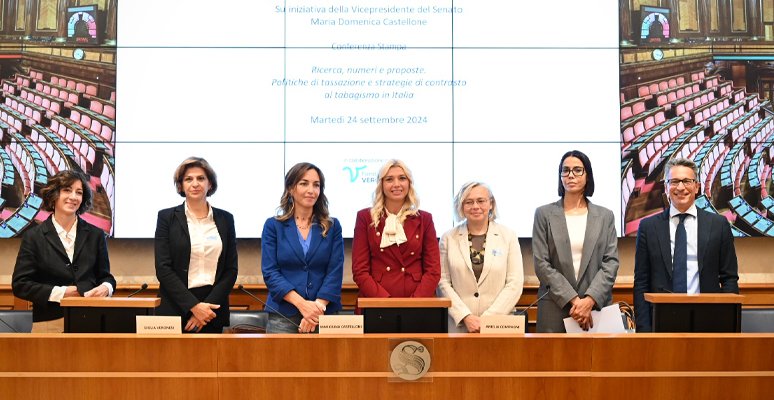Can an increase in excise taxes curb smoking?

In the United States, a correlation has been observed between increased tobacco taxation and the reduction not only in cancer mortality but also in general and infant mortality.
Half of the studies examining equity effects highlight greater benefits among lower socio-economic status groups (in terms of education and income). For example, in the U.S., a $1 price increase per cigarette pack had double the effect on the least educated group compared to the general sample (smokers reduced by -1% vs. -0.5%; daily cigarette consumption reduced by -0.62 vs. -0.32). However, 10% of the studies reached opposite conclusions, and 40% presented mixed evidence.
The effects on young people are stronger than on the rest of the population, according to 57% of the studies, while in 29% of cases, a weaker effect was observed.
The literature review lessens concerns that a tax increase might incentivize illegal cigarette trade. It was observed that the price of illegal tobacco tends to follow that of legal tobacco. In some cases, specifically in Australia and Vietnam, a rise in excise taxes was followed by a decrease in sales of contraband cigarettes.
"As CERGAS, we are very pleased to collaborate with the Veronesi Foundation," says the Research Center's Director, Amelia Compagni, "in examining the scientific evidence on the impacts of tobacco taxation policies. Compared to other European and non-European countries, Italy has been cautious in applying these policies. We've implemented modest excise increases without a clear public health goal. Yet, the evidence that these policies can reduce tobacco consumption is very strong, and the evidence that this leads to health benefits and additional years of life is starting to accumulate."